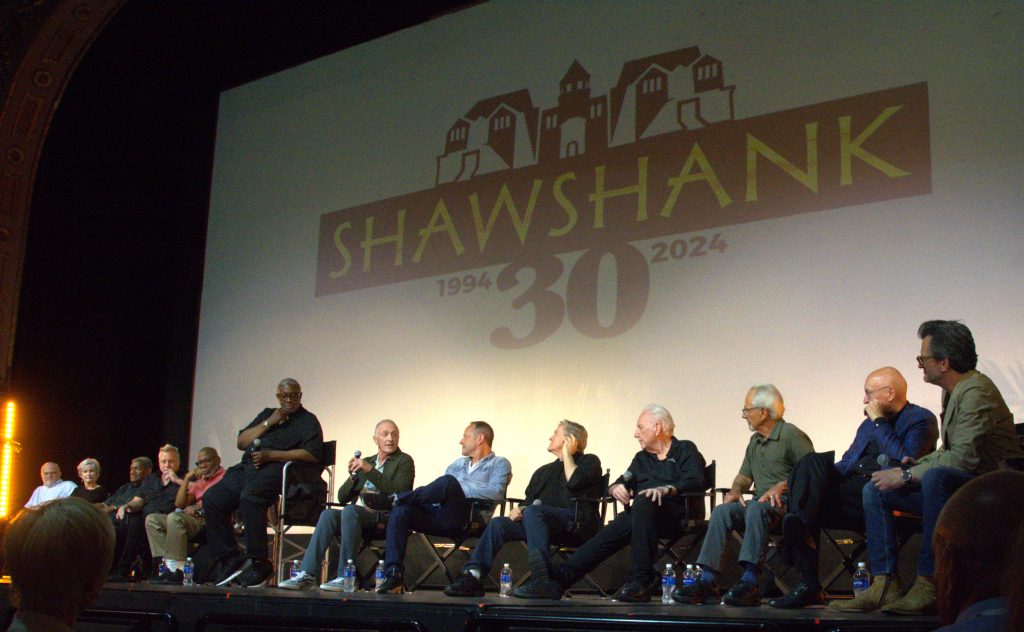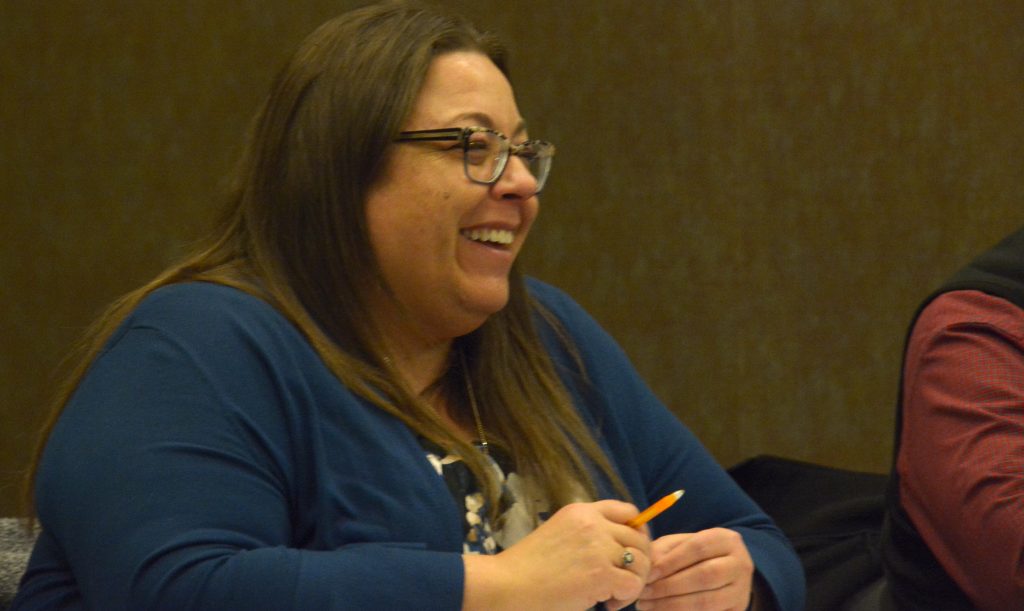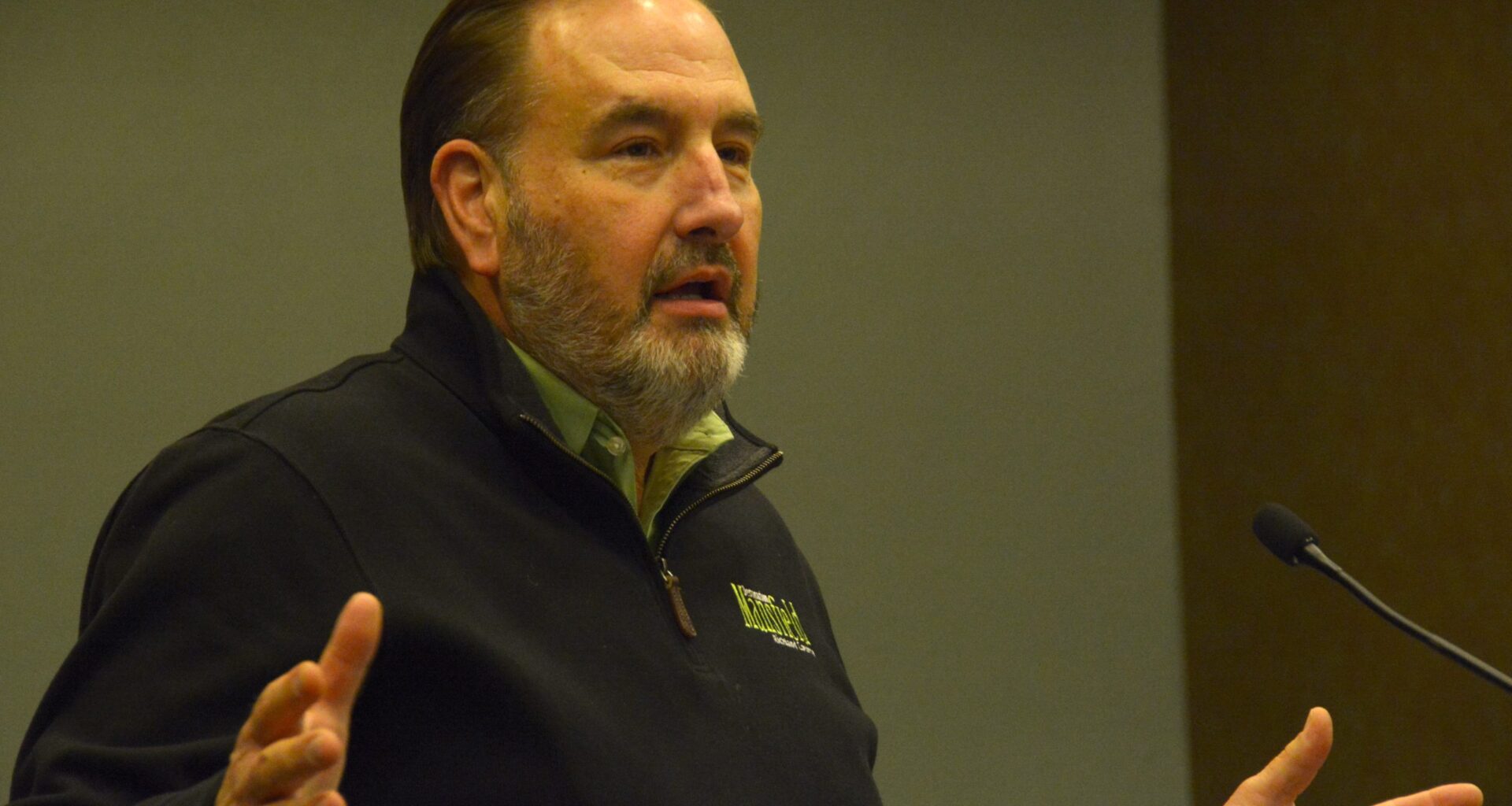MANSFIELD — Lee Tasseff knows the value of the tourism industry to Richland County
Literally.
The longtime president of Destination Mansfield-Richland County told City Council on Tuesday evening that tourism generated more than $457 million in total economic impact during 2023, creating $58.9 million in local tax revenue in 2023.
That includes $13.4 million from visitors coming from outside of the county, he said.
“Over 5,200 people are employed (in Richland County) because tourism is alive and successful,” said Tasseff, who made a similar year-end presentation to the Richland County Board of Commissioners on Tuesday morning.
“There are only two other counties in northeast Ohio that tourism means more to their economy than it does Richland County,” he said, pointing to Ashtabula and Trumbull in the 21-county region.
“It’s pretty high as far as importance with our own local economy,” he said.
Those numbers are likely to go up when 2024 figures are counted, given the hugely successful 30th anniversary of the “Shawshank Redemption” film, another sold-out Inkcarceration Music & Tattoo Festival and the continued growth of the countywide branding campaign.
 Members of the “Shawshank Redemption” cast and crew are on the stage of the Renaissance Theatre in August. (Richland Source file photo) Credit: Carl Hunnell
Members of the “Shawshank Redemption” cast and crew are on the stage of the Renaissance Theatre in August. (Richland Source file photo) Credit: Carl Hunnell“Shawhank 30 was the thing that took most of our time and energy and resources and it turned out even better than we planned,” Tasseff said of the celebration weekend, which largely focused on the former Ohio State Reformatory where the film was based.
“We had the largest collection of actors and crew that we’ve ever had, which the fans loved. There was over 8,000 people who came here to see it from all over the country,” he said.
“They were hopping that weekend out at the reformatory, but they were everywhere, clear to Upper Sandusky, and all over the county, looking at the sites, The Shawshank Hustle (road race) alone, in its 10th year, had over 3,000 people come through, which is phenomenal,” Tasseff said.
He said Destination Mansfield-Richland County took hundreds of photos and hundreds of hours of video that will be used for years to come in marketing the county to outsiders.
Tasseff said the agency plans to begin creating a new website that will offer a better experience for visitors seeking information.
“Destination Mansfield 3.0 will probably take us to the end of next year and debut in 2026. It’ll probably take us a couple of budget cycles to get it done,” he said.
“But It’s time. (The current website) is a dinosaur. We launched it pre-COVID and it’s just one of those that just kind of got lost in the shuffle after that,” Tasseff said.
He told county commissioners there are a lot of things the agency liked about the site when it launched six years ago that “now take too much time and are too cumbersome.”
“It’s got to be streamlined so that it’s a better experience on a mobile device,” he said Tuesday morning. “We designed it for that. But we need to do a better job of it.
“Now we’ve got six years of experience and a laundry list of things that we like and don’t like,” he said.
Lawmakers vote to place income tax renewals on May primary ballot
Lawmakers approved a request from Mayor Jodie Perry to place renewals of two quarter-percent income taxes on the May 6 primary ballot.
As renewals, neither the Pothole Haters tax nor the PRIDE tax represent increases.
“Crucial is the best way to describe both of these taxes,” Perry told Richland Source on Monday.
“The PRIDE tax funds a good chunk of our safety services, demolitions and our entire parks budget, other than what we allocated this year from the general fund.
 Mansfield Mayor Jodie Perry speaks during a City Council meeting on Tuesday evening. (Credit: Carl Hunnell)
Mansfield Mayor Jodie Perry speaks during a City Council meeting on Tuesday evening. (Credit: Carl Hunnell)“We do millions of dollars of street resurfacing every year and we would not have the money in our budget to do that work without these funds,” Perry said of the Pothole Haters tax.
Both issues, each of which will generate about $4.8 million annually, were overwhelmingly approved in May 2021.
The Pothole Haters issue received support from 76.2 percent of city voters four years ago while the PRIDE tax was approved by 72.3 percent of the voters.
Both tax issues have long histories of success in the city.
The origins of the PRIDE tax fund in the Mansfield date back more than a decade as the city emerged from a state-ordered fiscal emergency.
It’s an acronym for a voter-approved, quarter-percent municipal income tax that helps pay for a combination of parks and recreation, illumination (re: streetlights), demolition and emergency services (police/fire.)
Funds from the tax are divided among those areas — 50 percent to police and fire, 22 percent to parks and recreation, 20 percent to demolition and 8 percent for illumination.
The tax was narrowly first approved by city voters in the general election in 2013 with 3,414 (51.05) percent in favor and 3,273 (48.95) against.
The city began collecting the tax in January 2014. It emerged from fiscal emergency in July of that year.
The PRIDE tax was renewed by wider margins during primary elections in 2017 and 2021.
The “Pothole Haters” tax has helped local road work, including resurfacing, for more than three decades.
Residents have overwhelmingly supported the issues in recent years. Taxes collected under it can only be used for city streets.
In 2024, the city resurfaced 18.8 miles of its 321 miles of streets at a cost of $4.3 million.
In other action Tuesday, City Council:
— voted to appropriate $110,000 from the unappropriated safety services PRIDE fund based on actual and anticipated revenue through Dec. 31. The money will be divided equally between the police and fire department operations.
— discuss during caucus proposed amendments to Section 355.01 of the City of Mansfield codified ordinances related to “off-street parking.” Council suggested changes and the legislation will return for a vote on Dec. 17.
— approved a request to spend $195,007 on a new front end loader for the city street department.
— discuss during caucus proposed amendments to Sections 311.02 and 311.03 of the City of Mansfield codified ordinances related to “street obstructions and special uses.” Council suggested changes and the legislation will return for a vote on Dec. 17.
